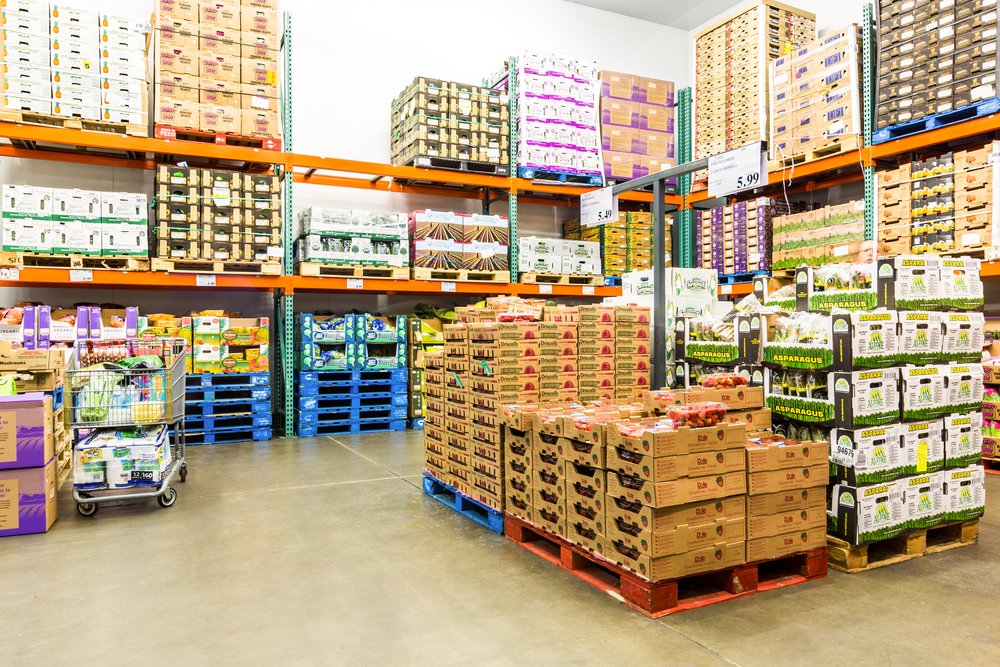The number of use cases for blockchain technology is a lot greater than most people imagine. Outside of the financial sector, there are dozens of opportunities waiting to be explored. OriginTrail, for example, is currently working on integrating data from forensic laboratories on the blockchain. It’s an interesting venture, although it remains to be seen how successful this project can be.
Another use Case for Blockchain Technology
On paper, blockchain technology can facilitate many different business models. Although most of the current focus lies on improving the financial industry as a whole, some companies are exploring other opportunities as well. Recording data in a safe and immutable manner, for example, is something a lot of companies would love to do. It may even have major repercussions for the rest of the world in the long run.
The work being done by OriginTrail should not be overlooked in this regard. Although few people know this company even exists, the team took a rather impressive step forward not long ago. They inked a deal with two scientific laboratories from Australia and Vietnam to record data on the blockchain. Efforts like these are direly needed for companies which focus on data integrity and addressing issues with the food supply chain.
More specifically, the OriginTrail blockchain solution is an infrastructure meant to integrate and distribute data. It will also create reports for clients of any company or project making use of this blockchain. As such, a whole new layer of transparency and trust can be created in a frictionless manner. It opens the door for a lot of different use cases, although it remains to be seen how successful this venture can be in the long run.
When it comes to ensuring the integrity of food and non-food products, there is still a lot of room for improvement. As of right now, all tests conducted on food must be recorded in a public and transparent manner. Doing so with existing technologies has proven to be quite a hassle, especially because most of the data is not immutable in the slightest. This is where blockchain comes into the picture, as it provides a completely different medium to store and record data of any kind.
For OriginTrail, this new pilot program is a major milestone. The company has worked with other food supply chain entities in the past, and they will continue to bring their blockchain technology to more companies in the future. As of right now, the possibilities are virtually limitless, but the real use cases for this blockchain technology have yet to be fully unlocked.
It will be interesting to see how the food supply chain gets disrupted by blockchain technology in the long run. Bringing more transparency to the table can only be considered a good thing for most people. Consumers have demonstrated an increasing demand for safe, healthy, and nutritious foods. Without proper solutions to track the origin and supply chain of the food sold in stores, an issue is created. As such, companies will need to look for innovative ways to regain consumer trust, which is a lot more difficult than one might think.

